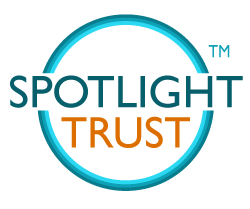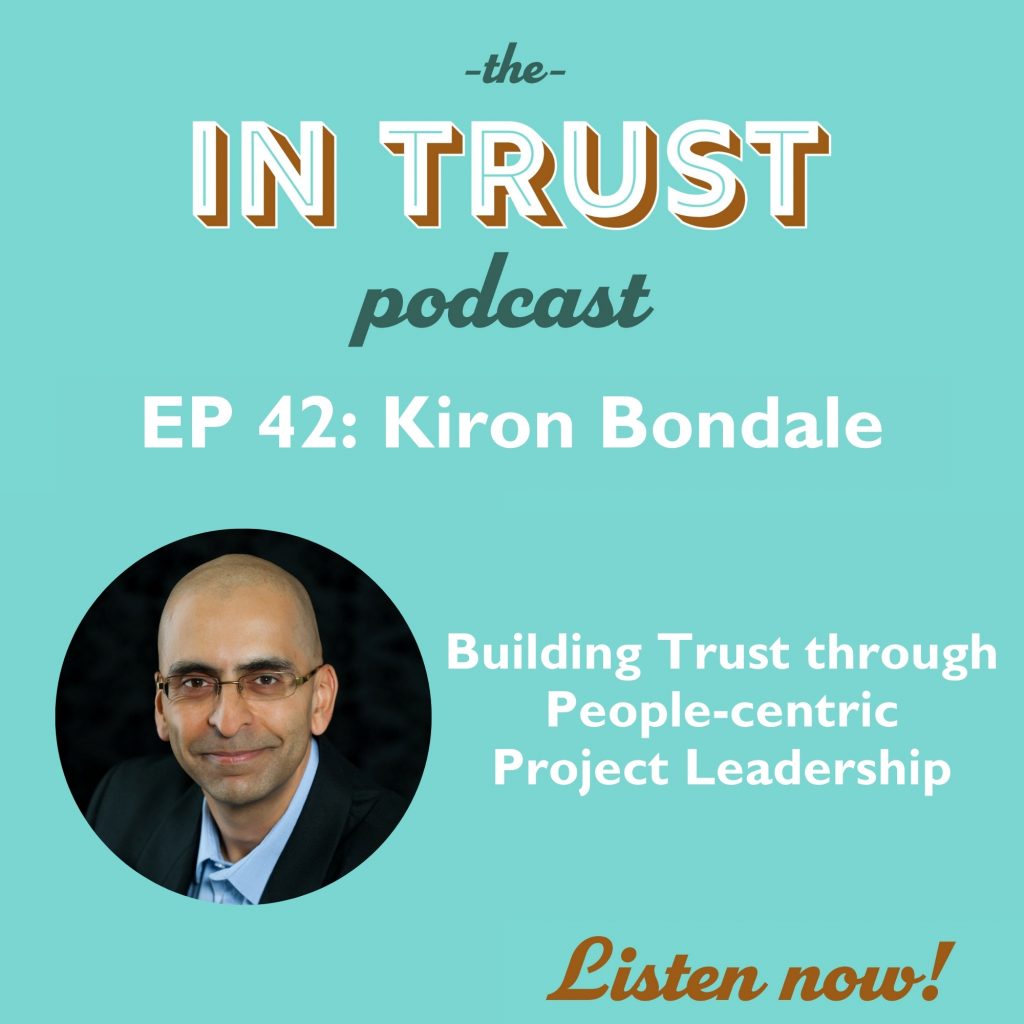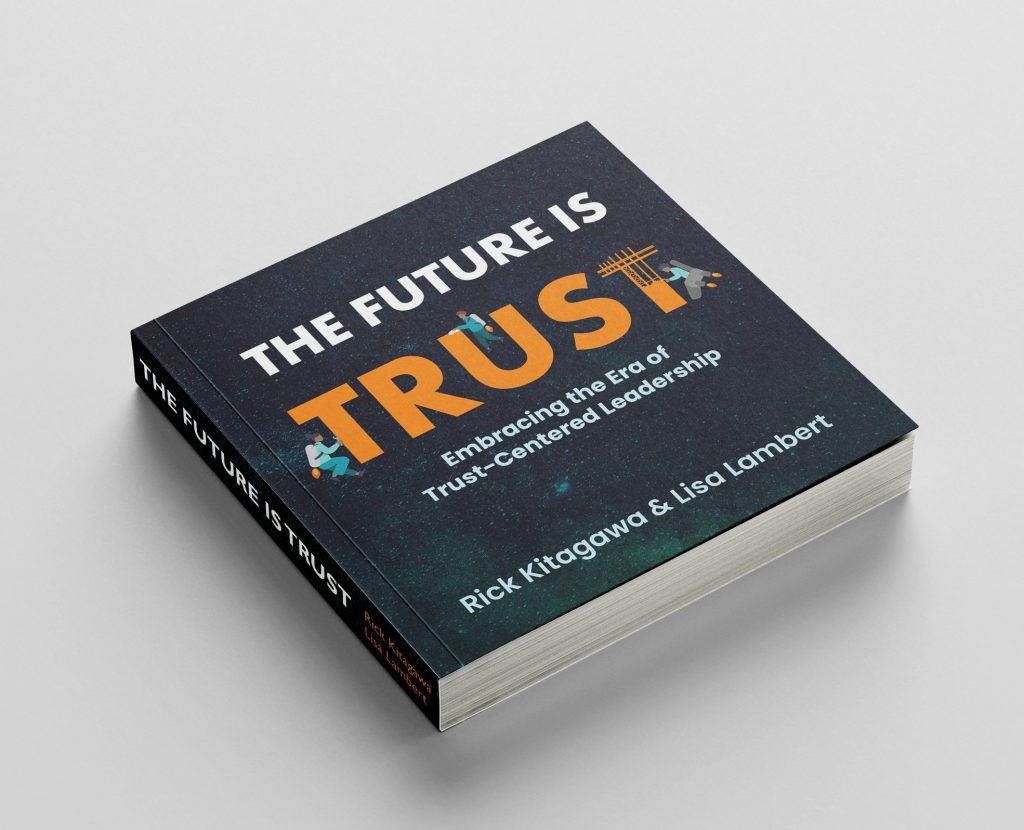How can project management be a tool to build trust? Why is building trust and psychological safety so important for project teams and what are practical ways project managers can develop these assets?
These questions and many more we’re at the heart of our conversation with Kiron Bondale, a project management expert and Senior Consultant at World Class Productivity Inc.
Kiron has worked in project management for over 25 years in a multitude of roles including project management office, leadership, delivery, and consulting. He’s an active member of the Project Management Institute (PMI), which is the professional organization for project management, and has contributed to multiple PMI standards and practice guides, including their flagship guides. Kiron is also a prolific writer, speaker, and trainer, contributing his insights and expertise in project leadership to a wide-range of audiences. He’s also the author of the book Easy in Theory, Difficult in Practice: 100 Lessons in Project Leadership.
While Kiron was initially drawn to the profession of project management from a very analytical, technology-centric perspective and an opportunity to demonstrate and further develop his hard skills, he soon realized that embracing a people-centric approach was the key to long-term success. In our conversation, Kiron generously shares practical and powerful lessons he’s learned in his own journey as a project leader and what he teaches his students.
Whether or not you have the formal title of project manager, you’re likely involved in project work in some way. This episode is loaded with insights to help you and your team thrive while delivering projects you can be proud of.
Overview of Episode 42: Building Trust with People-centric Project Leadership with Kiron Bondale
Talking Points
- Kiron’s journey into project management and leadership, and how a manager encouraged him to approach a training opportunity with an open mind
- How Kiron looks at the role of a project manager as being like a conduct of an orchestra bringing together a bunch of different skilled contributors to create something that is more than the sum of its parts
- Lessons Kiron has learned as he’s developed as a project manager, and how he came to embrace project management as a people-focused profession
- Directing your focus to play the long-game vs the short-game when it comes to project management
- The importance of treating people well as a project manager, even if you don’t ever expect to work with them again
- How focusing on building strong relationships can save a project gone awry
- How trust and transparency go hand-in-hand
- How Kiron looks at building trust on three different levels and how to go about doing so on each level
- How trusting your team and treating them as valued contributors is less risky than micromanaging
- How micromanaging and treating people as resources vs valued contributors erodes trust
- How project leaders are responsible for creating psychological safety, and how they also need to feel safe in order to succeed
- Why psychological safety and trust are so important in the context or projects
- Practical ways to effectively build psychological safety and trust with a project team
- The important of being vulnerable as a leader and project manager
- How tackling novel challenges can help build self-trust
- The importance of not isolating yourself and focusing on your people when tackling tough problems
- People make projects happen, so it’s crucial to lead with empathy
- People-centric ways of leading through uncertainty
Quotables
“The only way you’re going to succeed in a sustainable manner with projects, especially as they get larger and more complex, is to focus on the people. And not just your team members: I’m talking about your customer and your sponsor stakeholders in general. If you don’t pay attention to your stakeholders, in all respects of that word, and respect them in terms of staying responsive and communicative with them, understanding where they’re coming from, meeting them where they are, and being fair with them—not always necessarily being nice, not always doing what they say, but being fair with them.—if you don’t really embrace that, you’re never going to be a great project manager.” – Kiron Bondale
“When you focus too much on the hard skills, the focus is on the outputs, it’s on the artifacts, it’s on the deliverables. And in those contexts, you can oftentimes deliver a project within the famous triple constraint of scope, schedule, and cost. But, when you shift your focus over to the people side, when you take that more people-centric approach, the shift becomes more to outcomes. It’s more about not just are we helping the sponsor and the customer realize whatever benefits they were hoping for by investing in this project, but are we also helping the people that are engaged in the project? The stakeholders, the team members, and others? Are we helping them to improve themselves, to better themselves to maybe get closer to realizing their purpose? To improving their mastery at their craft while giving them some autonomy? You tend to play the short game when you focus on the hard tools of the profession. You’re playing the long game when you play more on the people side and when you’re focusing over there.” – Kiron Bondale
“Playing the long game extends to almost any stakeholder that you deal with, unless you are in a purely transactional situation where your involvement with those stakeholders is going to cease the moment that project ends. You really have to start thinking about what are the consequences of how I behaved over the life of that project? And even if you are in that transactional kind of mode, the reality is you’re going to need references. It’s a small world out there and those people might meet you on another project down the line and you want to leave a good taste in their mouth.” – Kiron Bondale
“For me, trust goes along with another word that starts with ‘t’, which is transparency. So I find that increasing transparency in what you’re doing and in how you’re working can help to build trust, especially when we’re dealing with stakeholders outside of a project.” – Kiron Bondale
“When I think about a project and who you’re building trust with, I look at it on three different levels. There’s the trust you need to build with the senior stakeholders that are going to be supporting your project. There’s the trust you need to build with your team. And there’s a trust you need to build with whoever the customer is, whoever’s paying the bill.” – Kiron Bondale
“The quickest way to lose trust with the customer is to surprise them. The second quickest way to lose trust with the customer is that whole, ‘Fool me once, shame on you. Fool me twice, shame on me.’ If you make a mistake and you promise to fix it and you don’t, then you’ve completely lost whatever trust you might have had with them. They will never want to come back to you.” – Kiron Bondale
“Building trust with a project team means treating them like professionals.” – Kiron Bondale
“If you start to treat your team members like resources and not as valued contributors, if you start to micromanage them, you’re eroding their sense of self, you’re eroding their confidence, and you’re eroding the trust that they place in you as their leader.” – Kiron Bondale
“We as leaders are responsible for creating psychological safety within our teams, but we need to feel safe as well. If the stakeholders that are supporting us—our manager, our customers, our project sponsor, and other key seniors stakeholders—are creating this toxic environment where they’re making it very difficult for us as a project leader to feel safe about taking a chance on our team members, then we’re left with that decision: Do I do what’s right for the team or do I do what’s right for myself?” – Kiron Bondale
“It’s the people that make projects happen. If the people feel uncertain, if they’re feeling afraid, if they feel they might be marginalized, if they feel they’re being treated differently when working remotely compared to their in-person colleagues, you’re not going to get the best out. So lead with empathy, understand where they’re coming from, understand, ask them for their fears and doubts.” – Kiron Bondale
“The last thing you want to do after this great period of uncertainty is set yourself up for a situation where because of what seems to be a simple decision on paper, you end up losing some of your most talented workforce because you didn’t leave them with empathy.” – Kiron Bondale
Show Notes
- Kiron Bondale’s website
- World Class Productivity Inc.
- Kiron Bondale’s book Easy in Theory, Difficult in Practice: 100 Lessons in Project Leadership
- Project Management Institute (PMI)
- Kiron Bondale on LinkedIn
This episode sponsored by:
The Future Is Trust
Embracing the Era of Trust-Centered Leadership
There’s a lot of uncertainty about the future, but one thing we are sure about is that The Future Is Trust. Which also happens to be the title of our new book that’s available now: The Future is Trust: Embracing the Era of Trust-Centered Leadership.
We are so excited to bring this reimagination of what a leadership book can be. The book sheds light on:
- Why Trust: Why now, what’s changed, and what do we have without trust?
- What is Trust: The act of trusting–how it inspires belonging, resilience, and collaboration.
- How to Build Trust: Starting with ourselves, the foundational tools to wire all of our connections for trust.
Visit out thefutureistrust.com to order your copy and access special bonuses.







